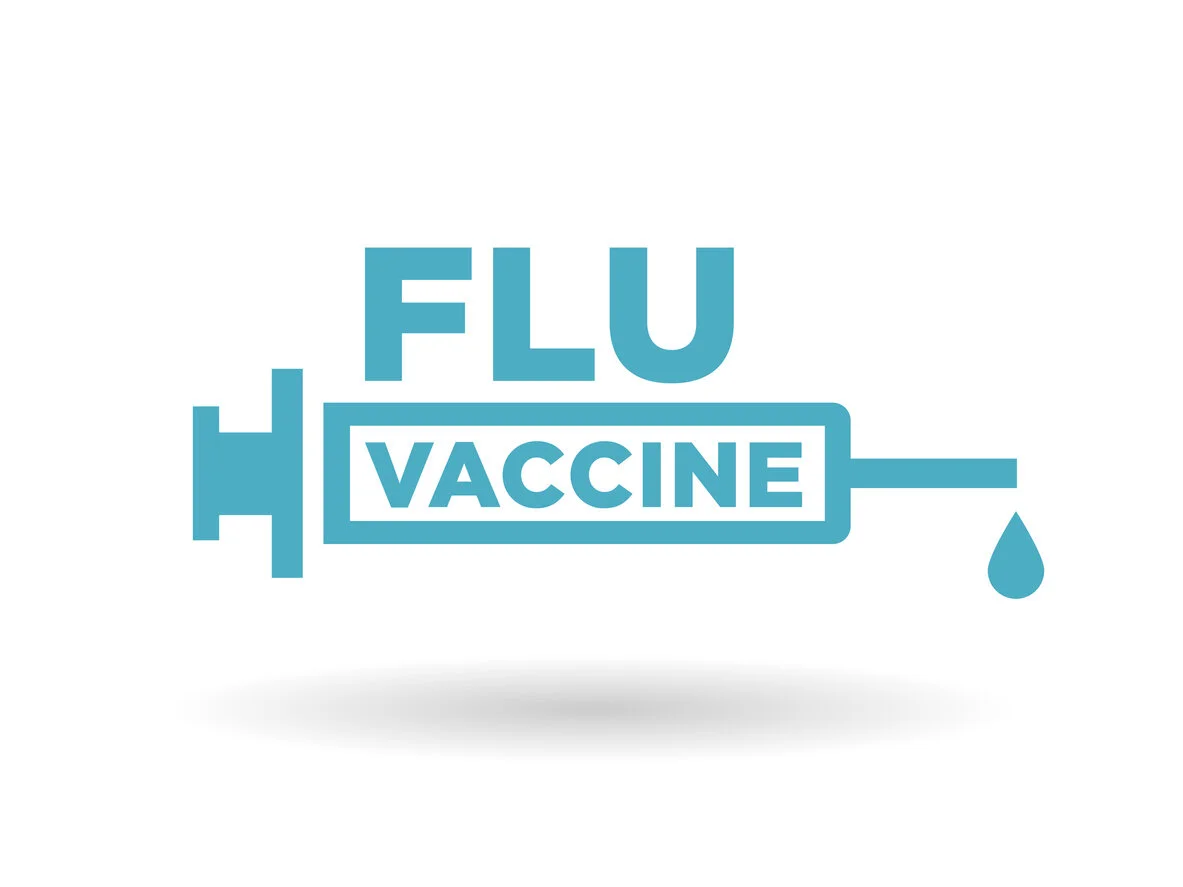Search by Topic
- Acid Reflux 1
- CDC 1
- CT Scans 1
- Corticosteroids 1
- Delta Variant 1
- Flu vaccine 1
- GERD 1
- Gastroesophageal Reflux Disease 1
- HEPATITIS C 1
- Intermittent Fasting 1
- Johnson and Johnson 1
- KETO DIET 1
- MDVIP 1
- MS 1
- Masks 1
- Men's Health 1
- Moderna 1
- Multiple Sclerosis 1
- Pfizer 1
- Plenity 1
- Tryptophan 1
- alcohol 1
- alcohol abuse 1
- aspirin 1
- blood pressure 1
- bone health 1
- calcium 1
- cardiovascular 1
- cardiovascular disease 1
- cholesterol 1
- coconut oil 1
- coronary plaque 1
- coronavirus 12
- covid vaccine 4
- covid-19 19
- covid-19 in Children 1
- covid-19 testing 1
- deep venous thrombosis 1
- diabetes 2
- diet 1
- emotional wellbeing 1
- exercise 2
- fitness 1
- flu 3
- flu vaccine 1
- healthy holiday 1
- healthy living 1
- hearing 1
- heart disease 1
- heart disease prevention 1
As in previous years, the Centers for Disease Control and Prevention (CDC) recommend that everyone 6 months of age and older, and who do not have a contraindication, should receive the annual flu vaccine. A person’s age, health (current and past) and relevant allergies may be reasons to not receive the vaccine. Check with your doctor to determine if the flu shot is right for you.
This year the CDC has suggested that the flu vaccine be given earlier than usual, due to currently circulating Covid-19 pandemic virus and the similarities between the flu and Covid-19. Based upon symptoms, it is hard to tell the difference between the flu and Covid-19, since both diseases frequently cause:
Fever
Cough
Shortness of breath or difficulty breathing
Fatigue (tiredness)
Sore throat
Runny or stuffy nose
Muscle pain or body aches
Headache
Vomiting and/or diarrhea.
By getting the flu vaccine now, you can help avoid the possibility of getting the flu and Covid-19 at the same time. And, if you have received your flu shot and then become ill, it will be easier to determine which disease may be causing your symptoms and which treatment(s) will be best. Flu shots given in September and October should last throughout the 2010-2021 flu season.
Check this link for more information about seasonal influenza.
https://www.cdc.gov/flu/about/keyfacts.htm


